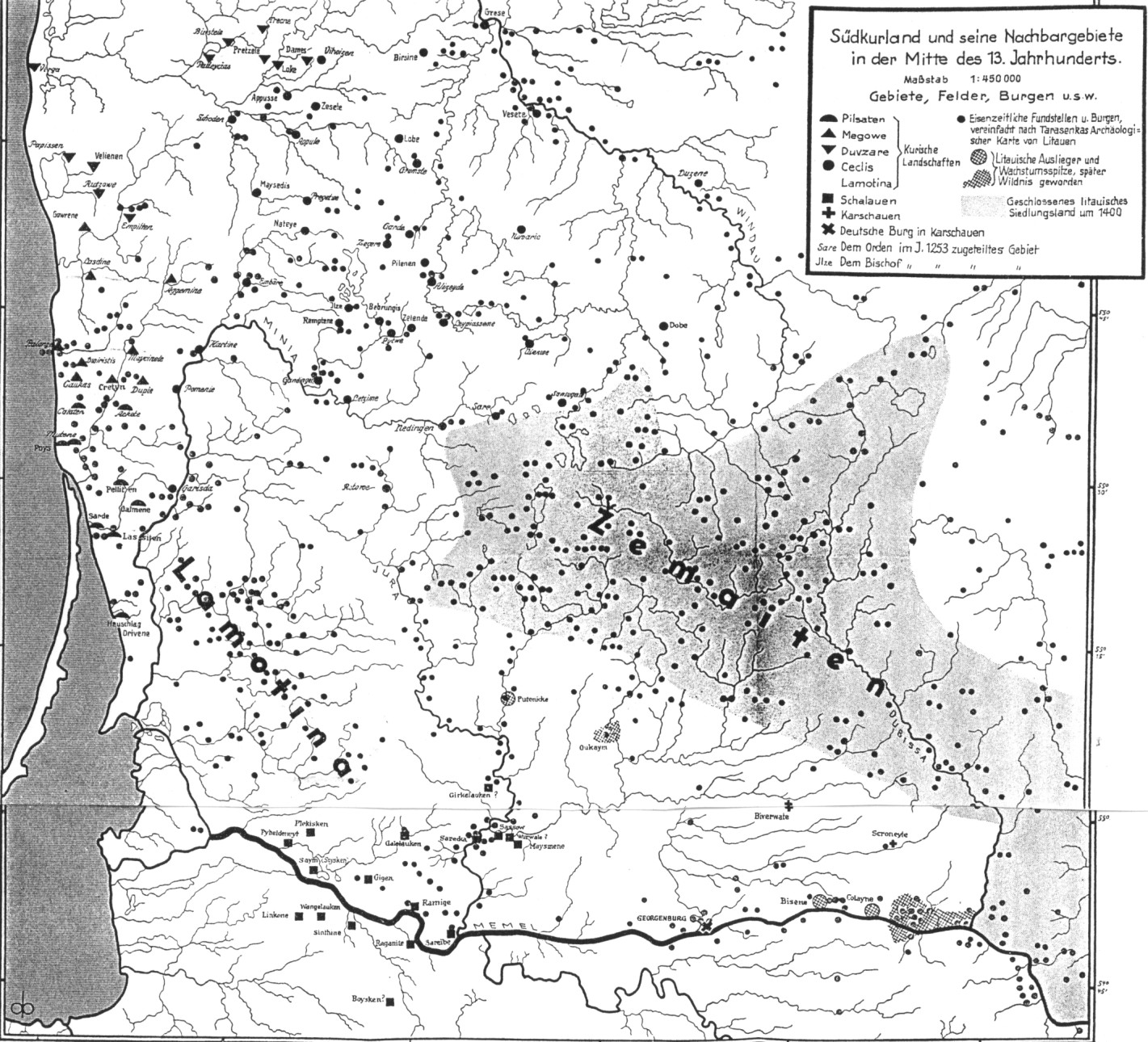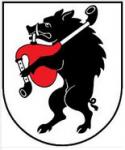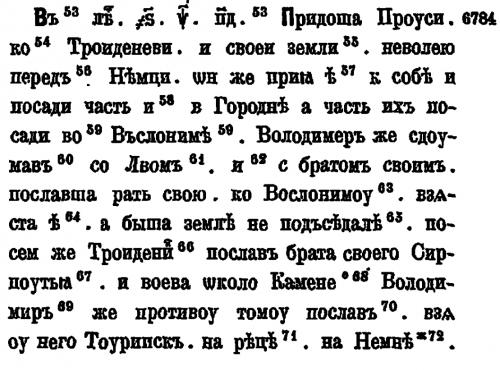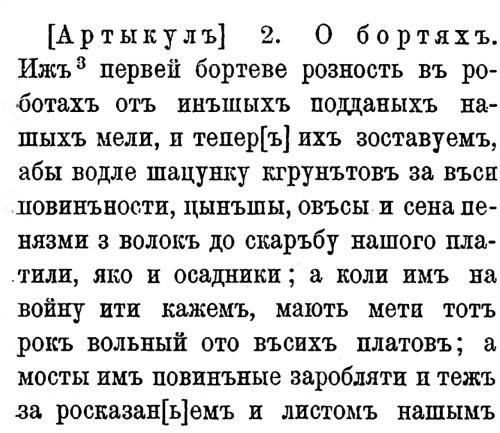Из книги литовского исследователя ("Названия литовских городов, Aleksandras Navagas" . Большинство авторов склоняются к тому, что Клайпеда старокуршского происхождения
----
As far as we know, the name of Klaipėda was first mentioned in 1420 in the summary of negotiations between the Teutonic Knights and Vytautas: castrum Memel alias Klawppeda (13: 162). After that in the German writing Memel was prevailing for a long time. But in the 16th, 17th centuries we see the cases of using Cleupeda, Kleupeda and similar (ibidem, 163), Cleypeda (Hartknoch’s map, I). In the Polish language the form Klajpeda took root.
The origin of the place name is not clear, though various opinions were expressed. They may be divided into two groups. One part is supposing that it is a complex place name. Perhaps the first to suggest such idea was German linguist, prominent Baltist Nesselmann in his Dictionary, published in 1851. The root klaip- he associated with Latvian klaips, Lithuanian kliepas “a loaf of bread”. This doubtful ethymology was supported by K. Būga: he was associating klaip- with Latvian klaips, and -ėda – with Lithuanian ėsti “to eat”. Thus, according to K. Būga Klaipėda would be “the eater of bread” (i. e. castle, which eats a lot of bread) (2: I 551; II 231; III 209, 855). It is however merely folk-etymology. It is interesting that much earlier than K. Būga, in a book “Litauen”, published in 1898 in Stuttgart, A. Zweck was explainig the name of Klaipėda much more persuading – the root klai- he was associating with Latvian klaiš “open, empty, plain” and pėda “foot” as well as pads “threshing floor”. The meaning of the whole complex word would have been “low, plain, empty place” (140: 253). This is one of the most serious explanations of the name Klaipėda. Similar opinion was expressed by J. Endzelîns. In the “Dictionary of the Latvian language” he quotes a fragment of a Latvian folk-song: “Liepa auga liepâjâ, uozuoliňš klaipędâ” (“a lime-tree is growing in a lime forest, an oak-tree – in klaipėda”). Moreover, it is known folkish J. Sembritzki’s etymology klaja pėda – “open cape”, which is mentioned by J. Endzelîns (141: II 209). Thus the place name Klaipėda is most likely Couronian, originating from the Couronian complex word *klaipėda, which could have original meaning “plain, low place”. The others already disagree with this etymology. Already in 1930 J. Gerulis and P. Skardžius put forward an idea, that the place name Klaipėda could originate from a personal name. They mention surnames Klaipėdžius, Klaipėdaitis, Kleipėdžius. A. Salys unconditionally supports this hypothesis as well. He supposes, that a personal name Klaipėda existed, and from it the city name Klaipėda was derived (13: 162). Thus Klaipėda would be of a similar origin as Kaunas, Kavarskas, Sudargas and others. This opinion could be supported by the name of former farmstead in Pandėlys district Klaipėduva – derivative of the Slavish suffix -ava from personal name *Klaipėda (like Jonava – from Jonas, Aleksandrava – from Aleksandras, etc.). We have no certain data, which from these hypotheses is more reliable, – additional investigation is necessary. Theoretically both versions are possible, but true is one, of course. In our opinion it is most likely the first one.
(Aleksandras Vanagas. Lietuvos miestų vardai, Vilnius, 1996, p. 106–109).
 Вход
Вход Зарегистрироваться
Зарегистрироваться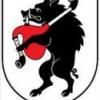




 Наверх
Наверх Ответить
Ответить Цитировать
Цитировать
